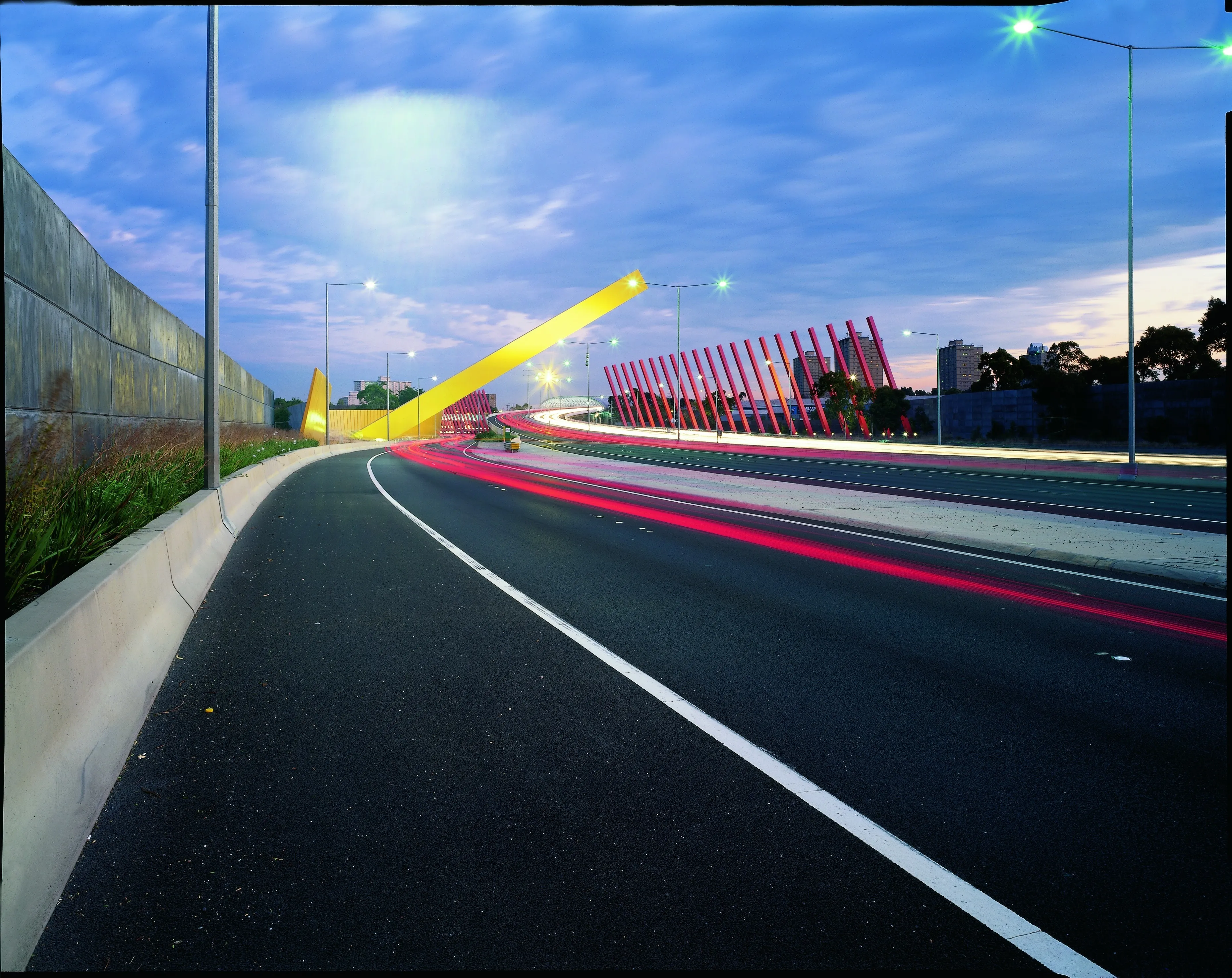The three phase trial will also include vehicle manufacturers
It follows the announcement earlier this month that the New South Wales state government had introduced the first automated vehicle trial in NSW in partnership with
ITS Australia chief executive Susan Harris said the recently confirmed trials highlighted Australia’s transport technology capability and leadership in the development, deployment and adoption of intelligent transport systems.
“Nearly every state in Australia now conducts at least one connected and automated vehicle initiative,” she said. “The trials demonstrate strong collaboration between government, industry and researchers. The trial learning will be shared across the ITS community and positively influence the safety, efficiency and sustainability of transport in Australia.”
ITS Australia welcomes connected and automated vehicle trials
ITS Australia has welcomed the latest Victorian state government announcement of connected and automated vehicle (CAV) trials on public roads in Australia, using on the Monash-CityLink-Tullarmarine corridor in partnership with RACV, Transurban and VicRoads. The three phase trial will also include vehicle manufacturers BMW, Mercedes, Tesla and Volvo, with phase one due to be completed this year.
August 14, 2017
Read time: 2 mins







